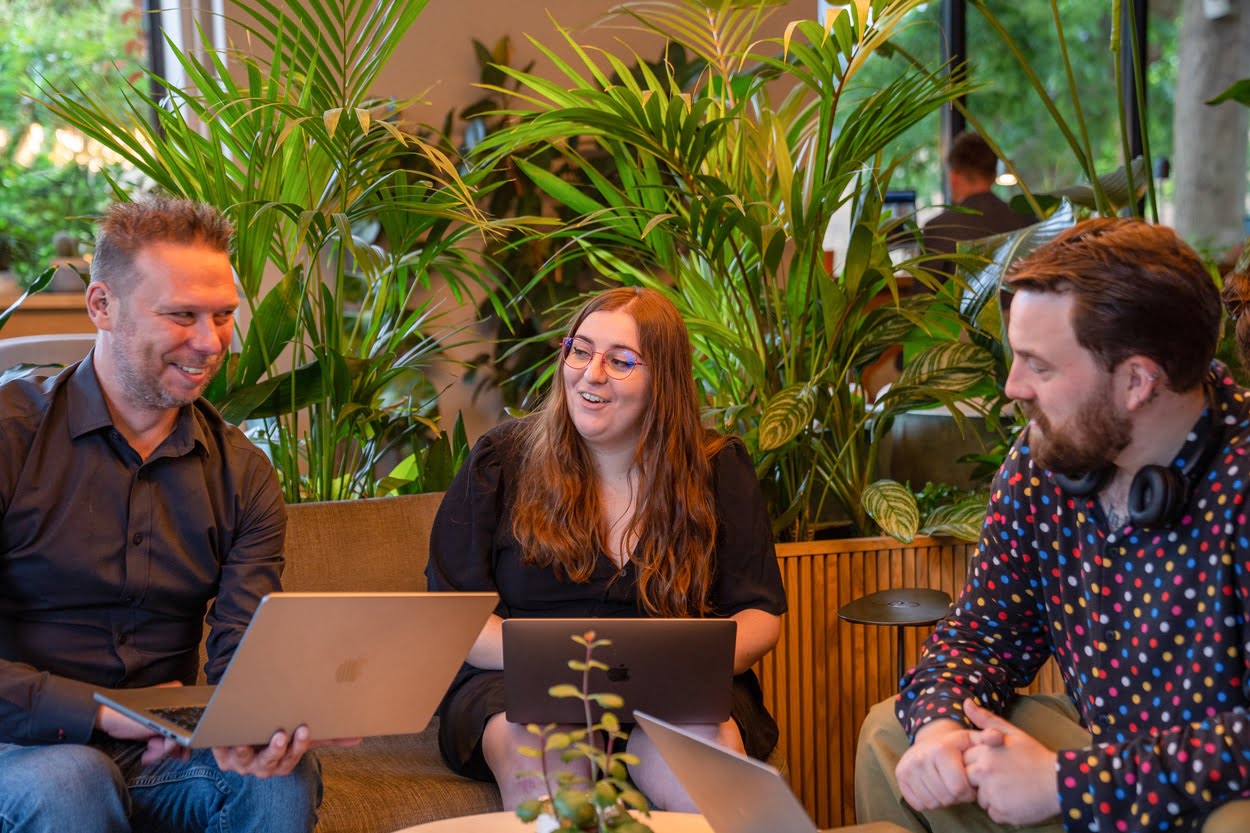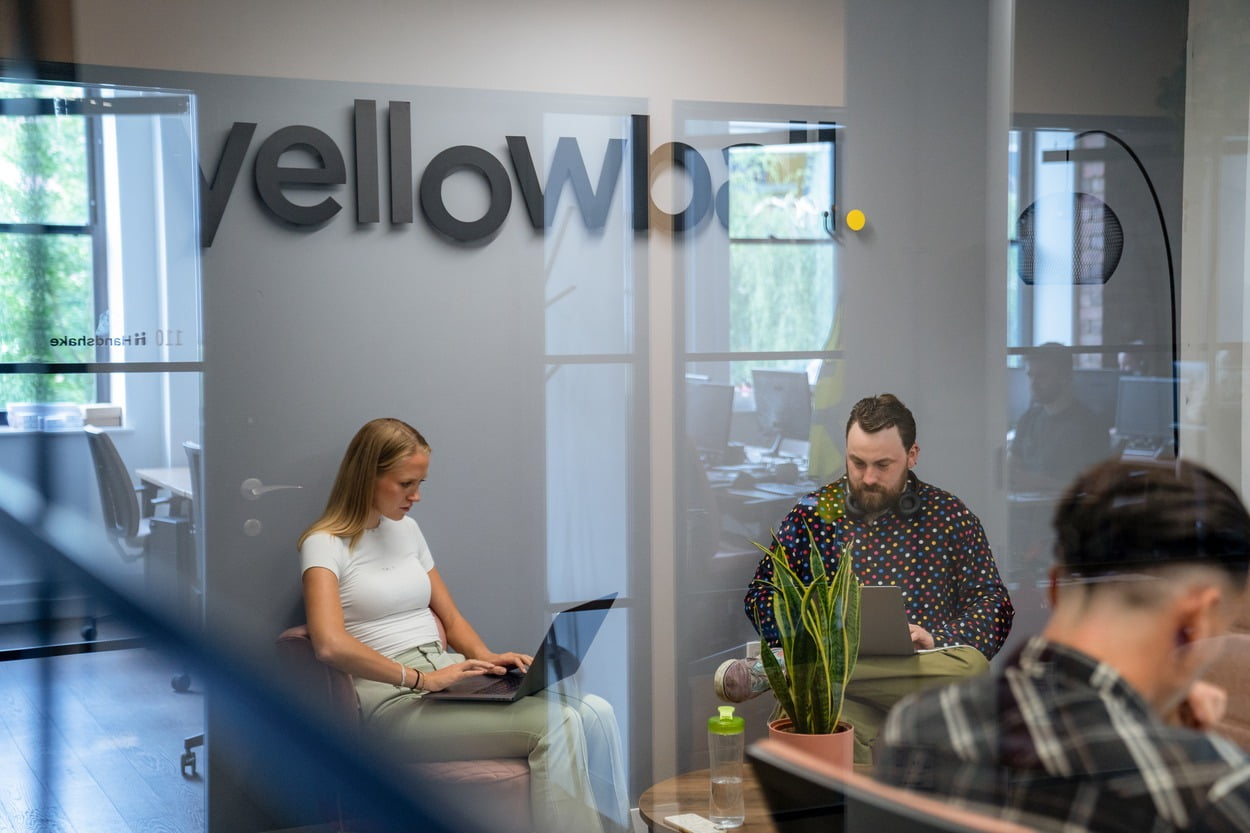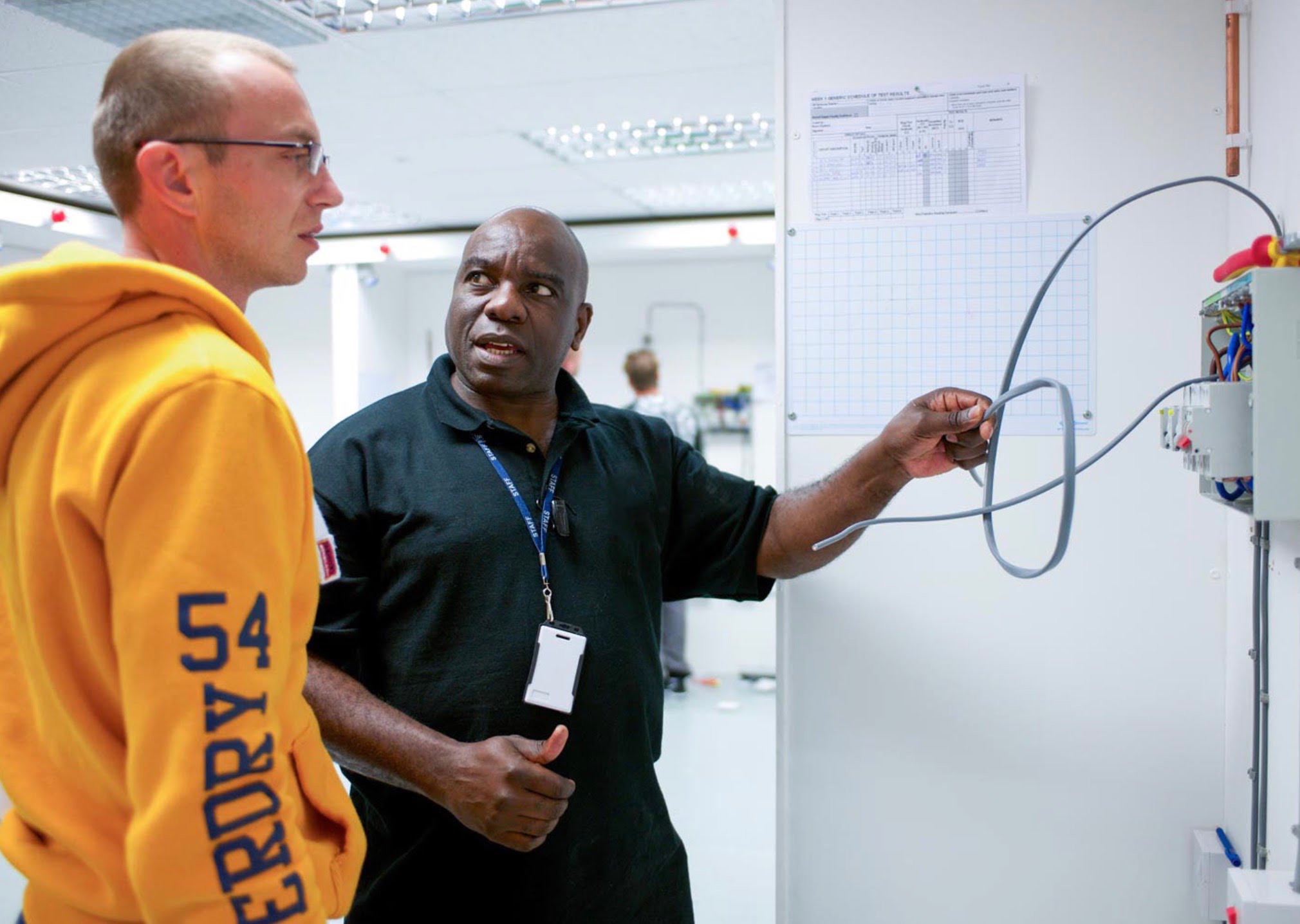Metrics from Moz
As we’ve mentioned, Page Authority is a metric conceived of by Moz – a global player in the world of SEO. Founded by thought leader Rand Fishkin, Moz know the SEO world inside and out. While they aren’t a search engine themselves – with their metrics having no direct effect on SERPS – their ranking metrics are very good indicators of your site’s success on the optimisation front.
Page Authority is a metric that works out how likely a specific page on a website is to rank highly in the SERPs. Domain Authority differs from Page Authority as it examines the ability of an entire website to rank, rather than specific pages. As we briefly touched on, Page Authority is given as a score between 1 and 100, however, it’s not as simple as saying ‘the higher the better’.
Page Authority should be seen as a comparative metric, meaning that there is not a definitively ‘good’ or ‘bad’ score. Instead, it should be used when looking at the rankings of competing pages, giving you an idea of where your page falls in relation to your competition.
To find the Page Authority of any web page, simply use the very useful Moz Open Site Explorer. This tool gives you access to a number of different ranking factors decided by the SEO platform, allowing you to see areas of improvement on your page.
How is Page Authority calculated?
Now that you know what Page Authority is, you may be wondering how it’s calculated. Moz isn’t Google, so they don’t have access to all of the data that Google is privy to. Instead, they have their own methods of working out whether or not a page is likely to rank in the search results. Using their own crawlers, they add sites to their Mozscape web index ranking them based on their ability to succeed on SERPs. Along with their other ranking factors, Page Authority is based on data from Moz’s own web index.
Moz takes into account over 40 different factors when assigning a score to your page – a few of which are listed here – but these factors do not include many of the traditional, onsite aspects of SEO. While content may be king for your actual rankings on SERPs, that’s not the case for the data used to rank the authority of your page.
Rather than looking at keywords used or content optimisation, Moz is more likely to focus on external factors. The total links to a page, Moztrust – which measures the distance of a page from a trusted ‘seed site’ – and MozRank, a factor that works out how important a specific page is, all contribute to your Page Authority. Whilst links are still very important for Google, content is also a major factor in actually boosting your position in SERPs.
Improving your Page Authority
Most SEOs know how to increase their rankings through the traditional methods of creating high-quality content that generates clicks (alongside links and onsite optimisation), but if content doesn’t matter to Moz, how can you improve your Page Authority?
Moz make no bones about the fact that directly influencing Page Authority is tough. Despite this, while difficult, it’s certainly not impossible. One thing that is worth remembering is that Page Authority is harder to raise the higher it is. Increasing your score from 10 to 20 is certainly within reach when you follow some basic advice, while a move from 80 to 90 can feel almost impossible. Don’t be disheartened if you’re finding it particularly difficult to influence the authority of one of your pages.
Moz advises that the best way to influence Page Authority is to build up a strong backlink profile for the page. To do this, first ensure that there are a variety of useful internal links. This will allow Moz’s crawlers to add the page to their index, finding and indexing all of the pages on the site at a faster rate.
The most important and effective part of building a backlink profile is by earning high-quality external links. Targeting websites that already have high Domain and Page Authority, therefore displaying higher value links to Moz (and Google!). Make your life easier by focussing on producing excellent content for these websites, and contribute to forums and blogs only if highly relevant and useful for the readers. Do this and Moz will recognise your page as a trustworthy one that they predict to be higher in the rankings.
Finally, remove any bad backlinks leading to your site. High-quality links are seen as trustworthy votes of confidence, so bad links from spammy sites are seen in a very negative way by both search engines and Moz. Spammy backlinks will have a negative effect on your pages, so it’s best to do all you can to remove them. It’s often best to do this by contacting the sites linking to your site and asking them to remove the link to your page.
So what does this mean?
While Page Authority is important, it is a ranking signal rather than a factor that will actually affect your position in SERPs. While a low Page Authority won’t actually make your page and site as a whole fall down the rankings on Google, it’s a very useful tool for identifying points of weakness that you should be looking to improve.
Furthermore, a high Page Authority is useful for improving the way that your site is viewed by other SEOs. Since anyone can view the authority of any page on any site across the web, it’s often used for research purposes. If you’re searching for link building opportunities, you’re likely to be more successful in securing a guest posting opportunity if other sites can see that you’re trusted by the one of the biggest and most recognisable SEO platforms in the game.
















